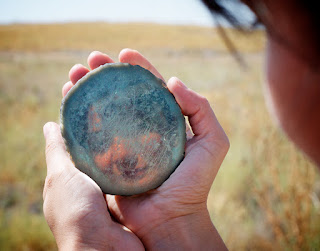Master’s in Archaeology from England
I am quickly going to do a small piece on what the master’s degree in archaeology would look like in England. This is for the aspirants who are looking to do their post-graduation from the UK and want an idea of what to look forward to. The postgraduate taught master’s degrees in England are usually one to two year long in duration when pursued full-time. Part time masters can be anywhere between two to four years long. There are also two types of master’s degrees in England - taught and research based. The research based one is more close to what we call MPhil in India and the taught degree is like the regular master’s where the course is taught by lecturers. The structure of the course depends on the subject of the master’s. For instance, I studied MSc Environmental Archaeology, so as the title suggests all the course modules were related to/ centered around that particular topic. There are a vast range of options to choose from for all the semesters except a few compulsory/ co...
